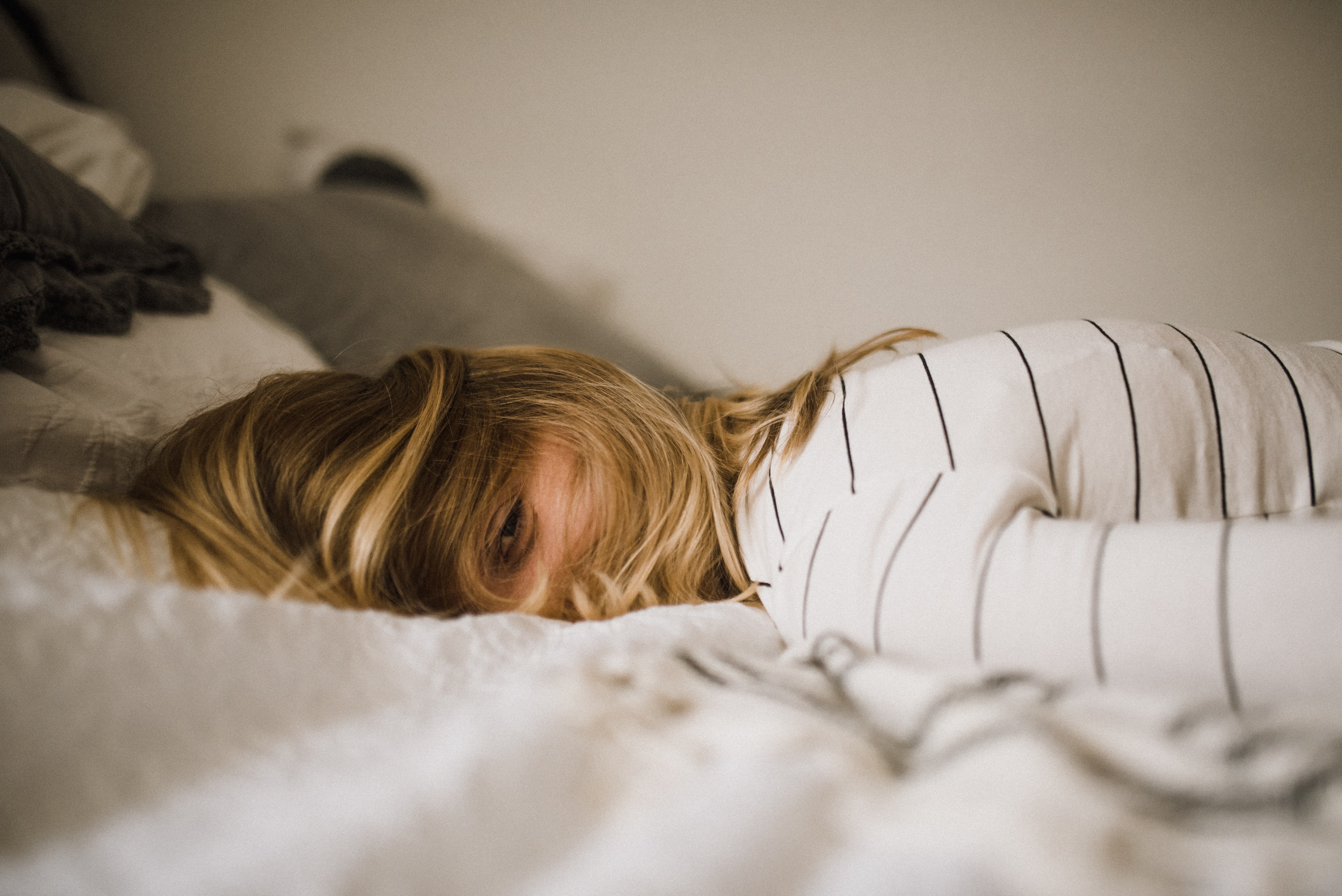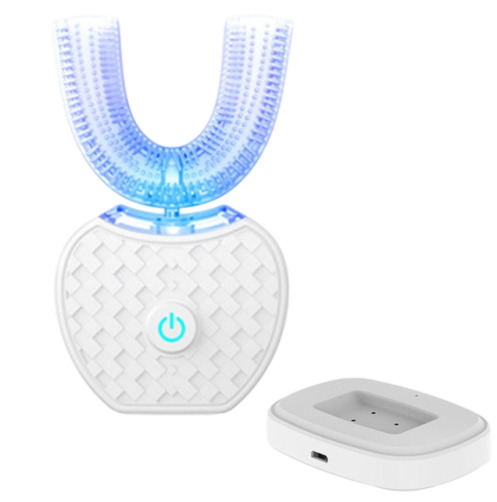How To Recover From a Sleepless Night

Netflix binge-watchers unite! – And read this article. If you find that you spend one too many evenings, lying awake and staring at A) Your phone; B) The TV; C) The ceiling, then you’re a part of the 35% of the US population that has difficulty sleeping at night – 43% if you’re in Hawaii.
While sleepless nights are more common than you might have initially thought, that doesn’t make your sleepless nights any better. The fact of the matter is that without consistent sleep, in appropriate amounts, you’re doing a lot more damage to your body than just feeling a little drowsy the next day.
Nonetheless, if you happen to have an all-nighter with friends or just needed some me-time at the end of a long “Mommy, can you…” kind of day, there is a bio-hack or two that you can use the next day in order to beat the snoozy blues and get through the day without feeling like you might bite the head off of the next person that calls your name.
Understanding Adenosine
A few things need to happen in succession before you drift off to dreamland. First, your eyes assess your surroundings, processing the fact that light is dwindling. As it gets darker, your pineal gland is signaled to begin producing melatonin. This is what helps achieve restful sleep. However, throughout the day, there is another neurochemical that steadily builds up in a bid to slow down our neuron activity. That chemical is called adenosine.
Now, as adenosine builds up, we find it more difficult to fight the urge to sleep and when it reaches capacity this is usually when we hit what is commonly referred to as “the wall”. If you don’t sleep at this point and your brain remains active, adenosine will continue to build up and when your body finally gives in to exhaustion, you will have hardly any time to reabsorb the neurochemical.
When you wake up just a few hours later (or just an hour later, in some extreme cases) your body will be screaming to go back to sleep because it will still be loaded with adenosine – which, in case you forgot, makes you sleepy!
So, how do you solve the drowsy conundrum? – Get more sleep? Well, no. Read on to find out why.
Don’t you Dare Nap!
Unless you’re going to be operating heavy machinery (yes, your car counts as heavy machinery), then try not to nap. If you have to get a few extra Zs in, then make sure it’s no more than 30 minutes. Ideally, you want to try and ride the tiredness out until bedtime because then you’ll hit the bed and be out like a light.
If you nap, you could burn off just enough adenosine to make you feel refreshed, putting you at risk of repeating your sleepless cycle again that night. This is why sleep scientists recommend that we keep to the same waking and sleeping time every single day; including weekends. Doing so allows our body to hardwire a natural circadian rhythm that then becomes second nature to us. Your circadian rhythm, or sleep/wake cycle, hangs in an incredibly delicate balance, and trying to play catch up with your sleep during your lunches on weekends can wreak havoc on that cycle. Just don’t do it.
Get your Body Moving
Get some exercise in and, if you can, do so out in the open, fresh air. Being outdoors uplifts our mood and increases our energy stores. As our eyes drink in the natural light around us, it wakes us up and the fresh air helps to reinvigorate our senses.
Exercise has also been known to combat the blues as well as anxiety, which can set in pretty quickly after a sleepless night. If you’re already a generally anxious person, this bio-hack is going to you a world of good.
Stay Hydrated
As your body works overtime to keep you awake and keep all your bodily functions ticking, it becomes incredibly easy to end up falling victim to inadvertent dehydration. Cold water will rehydrate you much faster than warm or room temperature water because it’s more readily absorbed.
More importantly, when you drink warm or room temperature water, it quells your thirst quickly. This means that you’re less likely to continue drinking water and, therefore, will not hydrate yourself as sufficiently as you should.
Lay Off the Caffeine
If you are going to have a caffeinated drink, try to limit it to one and make sure you’re not drinking it after lunchtime. Caffeine can stay in your system for up to eight hours and, while you might feel like caffeine has little effect on you, it does have an effect on your adenosine production.
If you’re worried about maintaining your sleep/wake cycle, rather get to bed a little earlier than usual. It will have far less of an impact on your circadian rhythm than the combination of caffeinating all day and waking up later the following day to catch up. So, whatever you do, lay off the coffee!
Ultimately, staying up past your bedtime is a bad idea all around. If you need to recover from a sleepless night, use these simple bio-hacks, but try not to make a habit out of it. You need sufficient sleep to restore muscle mass and rejuvenate your cells in preparation for each new day. Protect your sleep/wake cycle and reclaim your day.




